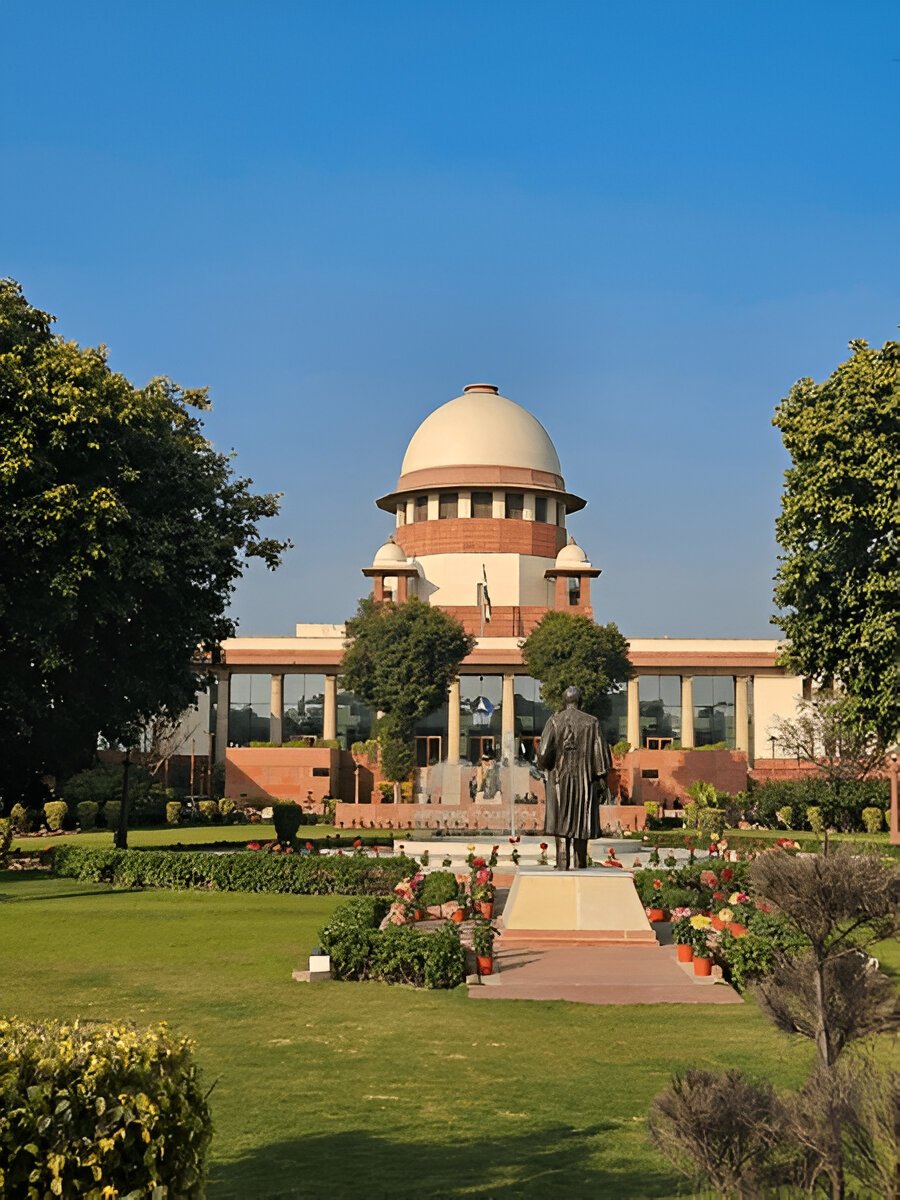Introduction
In this landmark judgment, the Supreme Court emphasized that the right to appeal against conviction is not merely a statutory right, but also a constitutional right of the accused. The Court further clarified the limits of the appellate court’s powers, holding that a High Court cannot enhance the sentence in a criminal appeal filed by the accused, especially not by invoking suo motu revision, unless the State or complainant has sought enhancement.
Facts of the Case
The appellant, Nagarajan, was convicted by the Trial Court and sentenced accordingly. Aggrieved, Nagarajan filed an appeal before the High Court challenging his conviction and sentence. However, instead of providing relief, the High Court while maintaining the conviction, suo motu enhanced the sentence during the appeal proceedings — without any appeal or revision application filed by the State or the complainant seeking such enhancement. The appellant then approached the Supreme Court, challenging the High Court’s action of enhancing the sentence suo motu during his appeal.
Issues Before the Court
- Whether the right to appeal against conviction is only a statutory right or also a constitutional right?
- Can the High Court enhance the sentence of an accused suo motu in an appeal filed by the accused?
- Does the High Court have revisional powers while exercising appellate jurisdiction in such appeals?
Contentions of the Petitioner
The right to appeal is sacrosanct and fundamental to the principle of fair trial and due process. The High Court exceeded its jurisdiction by enhancing the sentence suo motu during the accused’s appeal, when no such prayer was made by the State or complainant. The procedural safeguards under criminal law were violated, and the enhancement of sentence without notice or separate revision amounted to a miscarriage of justice.
Contentions of the Respondent
The respondent State supported the Trial Court’s conviction but did not file an appeal or revision for enhancement of sentence. It was argued that the High Court acted within its judicial powers while considering the correctness and proportionality of the sentence imposed by the Trial Court.
Enquire Now
Court’s Analysis
The Court strongly reaffirmed that the right of appeal is not only a statutory right under criminal law but also a constitutional safeguard, especially for the accused. It underscored that this right allows the accused to challenge both substantive findings and procedural irregularities in the trial. The Supreme Court criticized the High Court for exceeding its jurisdiction by acting as a revisional court while hearing an appeal filed by the accused. It clarified that unless there is a separate revision or appeal by the State/victim, the High Court cannot enhance the sentence in the absence of any such prayer or challenge. The Court relied on the principles of natural justice, Article 21 (right to life and personal liberty), and criminal procedure safeguards to support its conclusions.
Conclusion
The Supreme Court set aside the judgment of the High Court, holding that the suo motu enhancement of sentence in an appeal filed by the convict was impermissible. Thus, the Court concluded that the High Court committed an error of law and violated procedural fairness.

